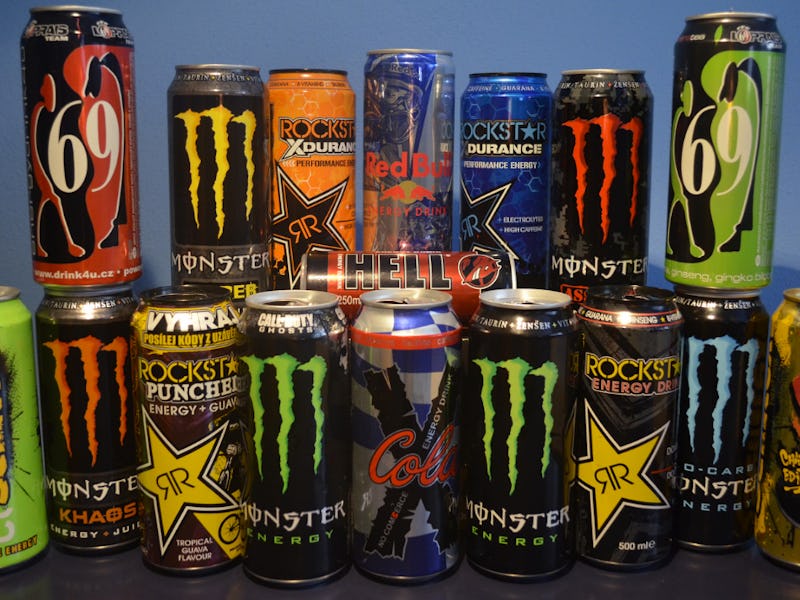While energy drinks may seem like a smart hack for coping with a tiring work week, overconsumption can lead to near-fatal problems, as one overcaffeinated individual recently demonstrated: A 50-year old male construction worker, who over the course of three weeks drank four to five energy drinks daily to get through his labor-intensive workday, recently found himself in the ICU.
When he began to experience abdominal pain, nausea, and vomiting, he reasoned it was the flu until he noticed his urine had become dark and his skin was turning yellow. An emergency room examination revealed that he had symptoms relevant to a chronic hepatitis C infection, although the doctors suspected that wasn’t actually what was happening. Hepatitis C, after all, is a virus that is spread primarily through contact with the blood of an infected person.
After careful examination, the doctors concluded that “the development of acute hepatitis in this patient was likely secondary to excessive energy drink consumption.”
In a study published Tuesday in BMJ Case Reports a team of four doctors explain that the man’s excessive consumption of energy drinks tangentially meant he was ingesting an overload of niacin, also known as vitamin B3. Each energy drink he consumed contained 40 milligrams of niacin, which is 200% of the recommended daily value. Drinking four to five bottles for more than 21 straight days caused it to accumulate to toxic levels. To say the resulting symptoms were unpleasant is an understatement:
“Physical examination revealed jaundice and right upper quadrant abdominal tenderness. Laboratory studies were remarkable for transaminitis and evidence of chronic hepatitis C infection. Ultrasound scan demonstrated an echogenic liver and diffuse gallbladder wall thickening. Liver biopsy showed severe acute hepatitis with bridging necrosis and marked cholestasis.”
This man isn’t alone in his maladies. The doctors write that there is an increasing number of Americans who consume energy drinks and herbal supplements who have a “misconception that their ‘natural ingredients’ must render them harmless.” An estimated 23,000 emergency department visits happen each year because of adverse events caused by these supplements. Interestingly, the most significant increase in people who end up in the emergency room because of energy drinks are people aged 40 and older, much like the man in this study.
Fortunately, he ended up all right: His symptoms resolved on the third day of hospitalization, he was released on day six, and he was back to normal at the end of two weeks. As only the second case of acute hepatitis due to energy drink consumption, he was lucky. Meanwhile, doctors are concerned that there will only be more like him.
“As the energy drink market continues to rapidly expand, consumers should be aware of the potential risks of their various ingredients,” the doctors write. “Vitamins and nutrients, such as niacin, are present in quantities that greatly exceed the recommended daily intake, lending to their high risk for harmful accumulation and toxicity.”
